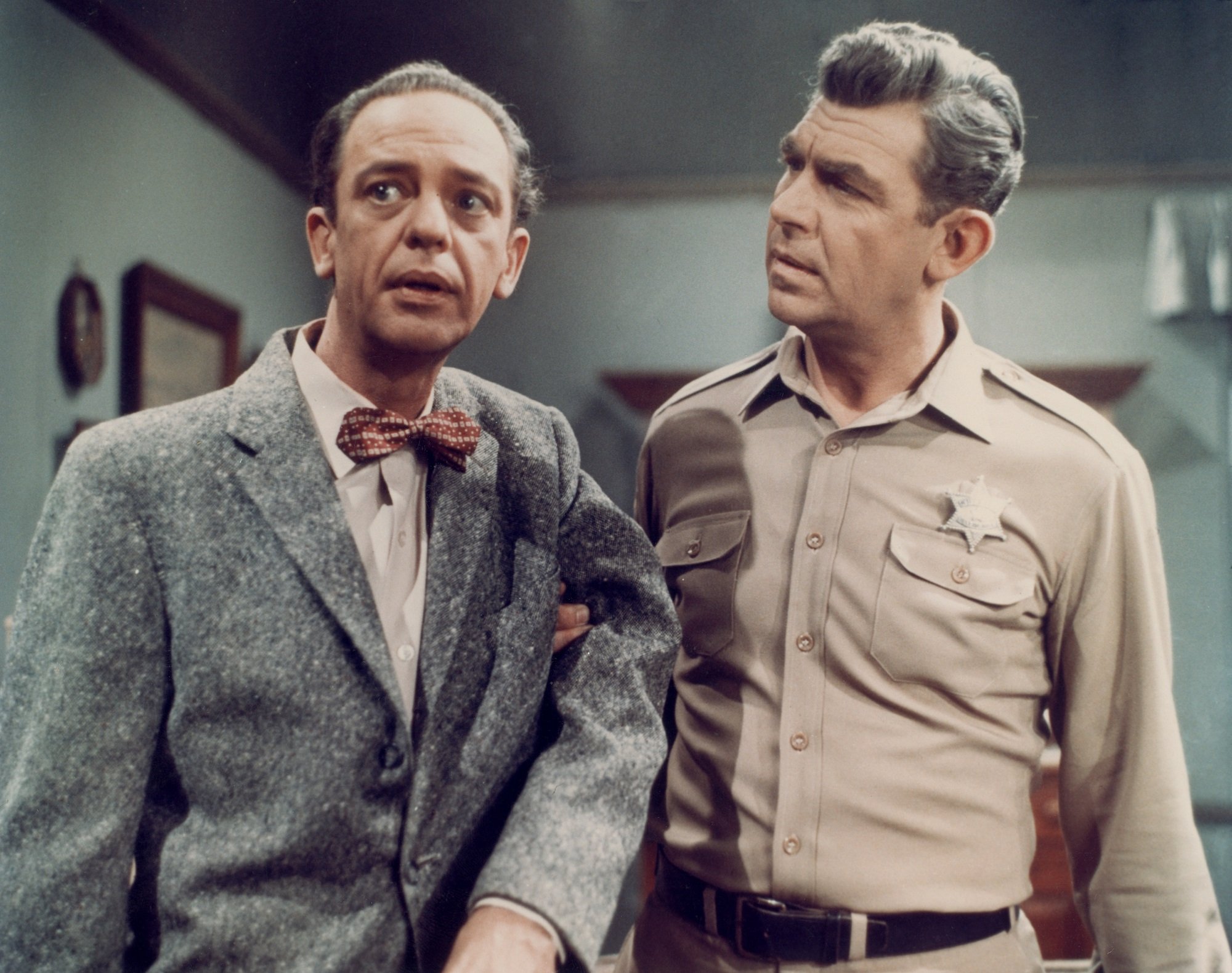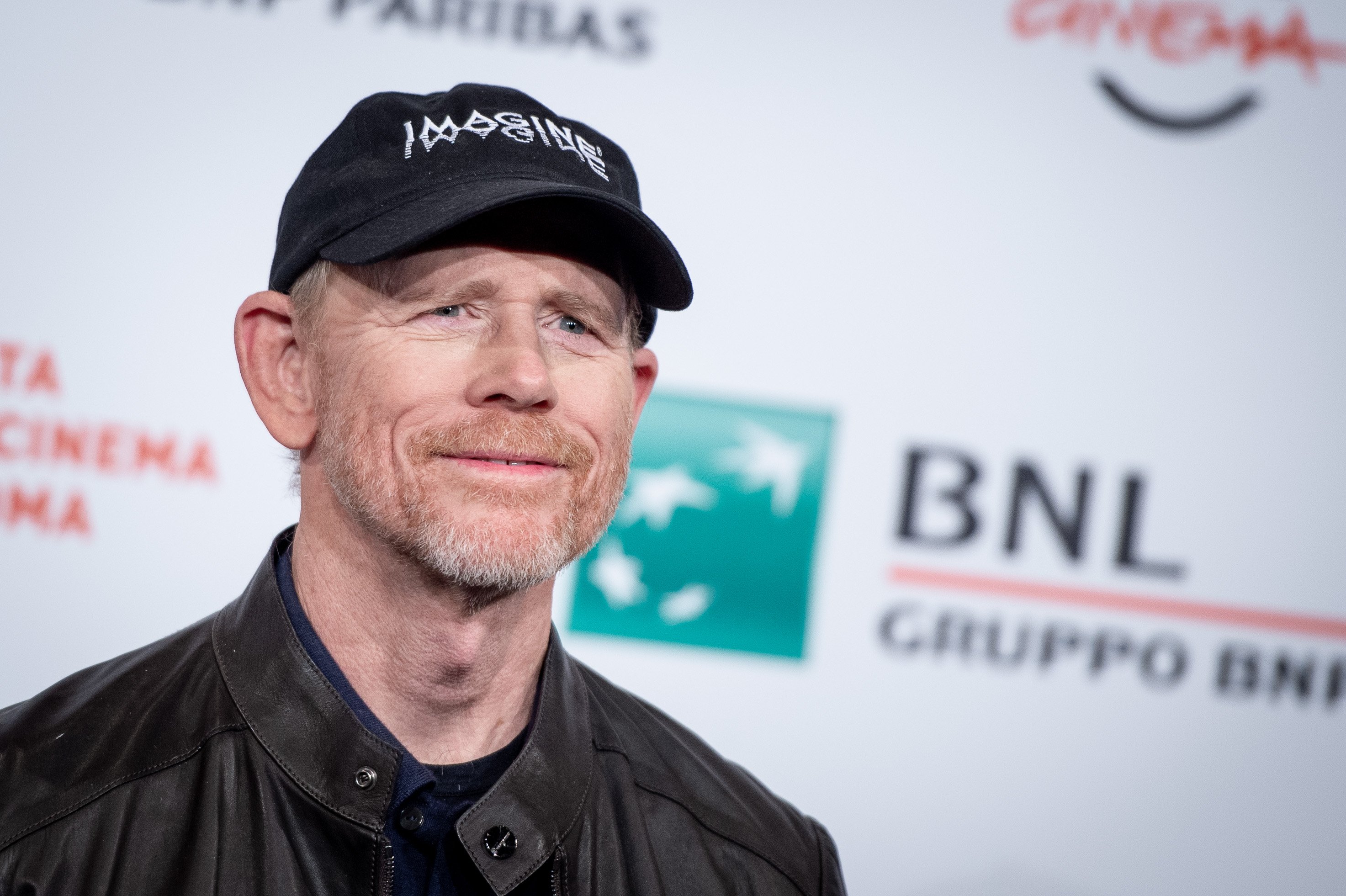‘The Andy Griffith Show’ Almost Didn’t Snag Ron Howard In His Iconic Opie Role
The Andy Griffith Show is one of the most crucial series ever to grace the airwaves. This is for a variety of reasons. It gave people a different type of comedy.
While ripe with the slapstick antics of Barney Fife and other wacky characters, it also showed a somewhat grounded look at life in rural America. It made stars of several of its stars and also kicked off the unlikely career of director Ron Howard.
‘The Andy Griffith Show’ is still a fan-favorite
The Andy Griffith Show premiered in 1960 and helped kick off a rural wave on television. While many other shows focused on the comedic, bumpkin-like antics of its characters, this was a relatively respectful look at small-town America during the years before the Vietnam War and all of the other ensuing madness.
The show was meant to capitalize on Griffith’s growing star, who made waves in his screen debut A Face in the Crowd, as well as No Time for Sergeants and Onionhead. With that type of star power, the people at CBS were hoping they had a hit on their hands.

When the series premiered, however, it proved to be a bigger hit than anyone could fathom. Alongside Griffith, the show made stars of a young Ronny Howard, Don Knotts, and Jim Nabors, who went on to more success in the spin-off series Gomer Pyle, USMC.
It was a simple premise about a small-town widowed sheriff raising his son in the fictional town of Mayberry, North Carolina. Along the way, he met several other unique characters, from Floyd the Barber to the town drunk, Otis.
The show was pure, family entertainment that didn’t focus on the troubles of the day, but a simpler time in a small community where drama is often solved within the 25-minute time frame of an episode. Its impact was far-reaching, and Howard, specifically, is still going strong behind the camera to this day.
Ronny Howard’s journey

The role of Opie, Andy’s son, was played convincingly by a young Ronny Howard. Opie had all the innocence of the average six-year-old, and Howard’s ability to deliver lines naturally made him a hit with fans across the country.
While modern audiences might best know him as an Oscar-winning filmmaker, he made his name a child star.
Howard parlayed his Griffith success into a long run on the hit series Happy Days, several film roles, and a love for the behind-the-camera side of things. From Apollo 13 to Solo: A Star Wars Story, Howard’s career as a director might be bigger than its ever been more than 60 years after his screen debut.
However, had he made another decision, none of this may have happened.
Nearly missing out
Just six years old at the time of the premier, Howard had done some television work and a few films, Frontier Woman, The Journey, and Walking Distance, but he wasn’t a known commodity when he was cast as Opie Taylor. However, after getting the role of Opie, Howard and his family had to see where the pieces fell.
One of the pilots that he worked on, Barnaby, was meant to be a fantasy series that explored a genre unseen on television. Howard first made his name at the Ronald Reagan-hosted General Electric Theater.
One of these episodes, which was based on the adventures of a kid named Barnaby and his older friend Mr. O’Malley, became the premise for the fantasy series. The series was never picked up, however.
Howard explained this in an interview with the Television Academy. “[The pilot’s failure] led Sheldon Leonard to call my agent and say, ‘I’m doing a series with Andy Griffith and we need a son. And I don’t think that [Mr. O’Malley] series is gonna sell. So I’m willing to take Ronny Howard in second position and put a hold on him.,” Howard said (per ME-TV).
Luckily for Howard, that series didn’t take off, and he became one of the most iconic characters in television history.
Howard has had as good a career in Hollywood as someone can hope for. As both an actor and a director, he has had a hand in several generations of pop culture. Had another series been picked up, however, we might not even know his name today. That’s how quickly things can change.


